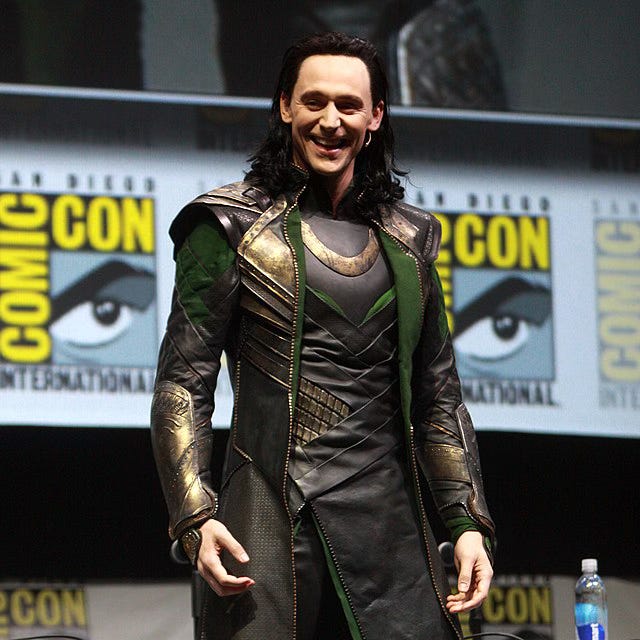Woke is not over. It hasn’t “peaked,” and it’s not receding gently into the background as younger generations grow up to become more sensible. The aesthetic trappings of the latest campus pageantry should make this clear, at least: whatever cauldron of pomo theory and racial hatred produced the riots of 2020, its brew remains potent enough to give off new fumes. COVID masks, raised fists, postcolonialist jargon, broken windows: it’s all as entrenched as a college DEI department. This is what sustainability looks like.
But at this particular moment, the general public’s appetite for revolutionary sentiment seems to have abated somewhat. You can only sustain a fever pitch of indignation for so long, and ferreting out systemic injustice everywhere is actually…kind of tedious. What begins with enthusiastic chanting and heartfelt social media posts ends in zoom seminars and teach-ins on the entrenched inequity of salad. We’re running out of things that are racist. Nylon? Bridges? Um…corn?
So it’s in major brands’ interest to gently lower the volume on the whole racial reckoning thing. This is awkward because most of them have now made a very public show of pledging fealty to the idea that what we absolutely and urgently need, like, yesterday, is to reckon with one another racially. And also sexually, though perhaps to a lesser extent to be determined by committee at a later time. Production has some notes.
One sector where I’ve noticed this dynamic at work in an amusing way is entertainment, where it’s not so easy hit “CTRL+Z” on a political project that has defined every tearful speech you’ve made on the red carpet and every intern you’ve hired since they told you you had to start paying them. There is a lot of woke content sitting in the can right now, waiting uncomfortably to debut for front of an audience whose enthusiasm has noticeably chilled since the content was greenlit. And if you watch pop culture closely (a questionable life decision) I think you can see some of the executives quietly trying to ix-nay on the eparations-ray.
Take for example Disney’s Loki, a streamer featuring Tom Hiddleston and Owen Wilson that definitely did not need to exist. Since for some reason it does, and since it premiered in June of 2021, it was absolutely imperative that it feature black women in positions of strength and authority. But even that wouldn’t be justice-y enough, because there actually are a lot of captivating and magnetic black women working in Hollywood right now. If you cast one of them, the audience might get confused and think you were doing it because of her talent or because it made sense in the storyline. Those are both white racist concepts, so it’s important to cast the most drab and charisma-free individual you can find to play an implausible role whose entire character description is “butch.” That way it will be clear you are doing it for The Cause.
The creators of Loki obligingly put Wunmi Mosaku in the role of time police officer B-15 to perform the important function of leeching excitement out of the air merely by appearing onscreen. But if, inexplicably, you watched Loki Season 2 when it debuted last October, you will have noticed something curious: Mosaku’s part has been distinctly—*ahem*—marginalized, in favor of the square-jawed pretty-boys on her squad who look rather more like the sort of chaps that would actually, in real life, be in charge of enforcing galactic law. You know, real-life galactic law. Because that is a thing.
The same is true of B-15’s counterpart in management, Ravonna (Gugu Mbatha-Raw), who has all but disappeared from the show except for a faint suggestion that she may return if season 3 ever materializes. We’ll see what the political temperature is like then. For now, my guess is Mosaku and Mbatha-Raw tested less than magnificently in focus groups on account of being, you know, boring as hell.
The creators of Foundation on Apple TV+ also opted for the charmless female lead package, but they took a slightly different approach to fixing their mistake. Having representationed all over their original source material, they then concocted an entirely new plot-line, out of thin air, to sustain interest in between the drudgery of all the re-education. But most entertaining of all is American Fiction, a genuinely excellent Oscar-winning movie about how the tokenism of 2020 politics is first of all demeaning to black people, and second of all stifling to anyone, of any race, trying to make honest art.
I loved this movie, and so did the mostly-liberal chattering classes, because it allowed them to pretend they had just come up with the cutting-edge observation that wokeness doesn’t work. Not as a political enterprise, not as an artistic movement, not as a guiding vision of the world. Oh, this unholy lab-grown theory monster wants to force us all into measuring our humanity by a crude yardstick of oppression? Oh, that generates intolerable contradictions and absurdities? Huh. What do you know. So glad the luminaries of our culture had this brilliant insight! Why didn’t anyone warn us before we yeeted ourselves headlong into a mosh pit of tribal animus? Why didn’t someone predict this would happen?
Someone did, of course. Lots of people did, over and over again, for years. There were right-wing nutcases like me saying it. There were classical liberals saying it. There were even old-school leftists saying it. But it wasn’t fashionable then, so the people making fashionable movies and TV ploughed ahead. They’ll never admit that now, of course. But once you see it, it can be fun to watch them scramble as they try to walk woke back.
Rejoice evermore,
Spencer
Listen to the latest from Young Heretics:





Brilliant and funny. You continue to outdo yourself, Spencer. I fear you may be developing a side career as a stand-up comic.